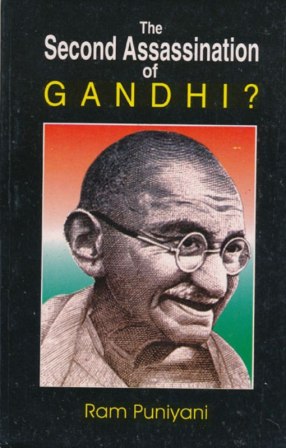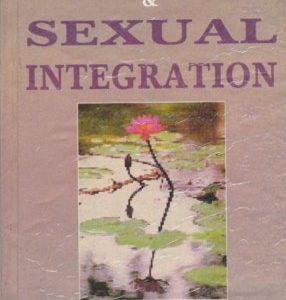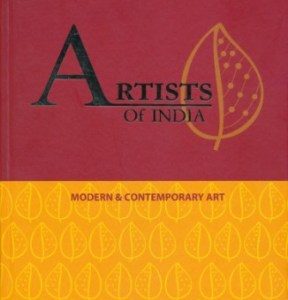Description
TheSecond Assassination of Gandhi?
India gained Independence as a plural, democratic country. The Freedom movement, which was led by Mahatma, was the mass movement in which all the Indians participated irrespective of their religion, caste or gender. This movement aimed at getting rid of British rule, contributed to the formation of India as a democracy based on the principles of Liberty, Equality and Fraternity, and was accompanied by the movements for caste and gender equality. Gandhiji, a devout Hindu, regarded religion as a private matter of the individual and for this belief of his, was murdered by ideologue of Hindutva. Hindutva is not Hinduism, it is an intolerant, sectarian politics based on Brahminical Hinduism.
Today this ideology, Hindutva, which remained aloof from freedom struggle and National movement, is claiming to be the sole custodian of Patriotism. It is asserting an intolerant version of Hinduism totally against the Bhakti and Sant traditions of Hinduism, which Gandhiji followed.
This book tries to highlight the contributions of Gandhiji and the tenets of his politics which could make the bridges between the people to build our democracy, whose existence is under threat due to the onslaught of different shades of Hindutva.
About the Author
Ram Puniyani, recipient of Maharashtra Foundation Award for Social Work (2002) is associated with various secular initiatives in Mumbai. He is a member of EK.TA (Committee for Communal Amity) and is a regular writer on different facets of the problems relevant to Secular values and plural ethos. He has written a book “The Other Cheek: Minorities Under Threat” Published by Media House, Delhi and has edited an anthology “SecularChallengetoCommunal Politics.”




Reviews
There are no reviews yet.